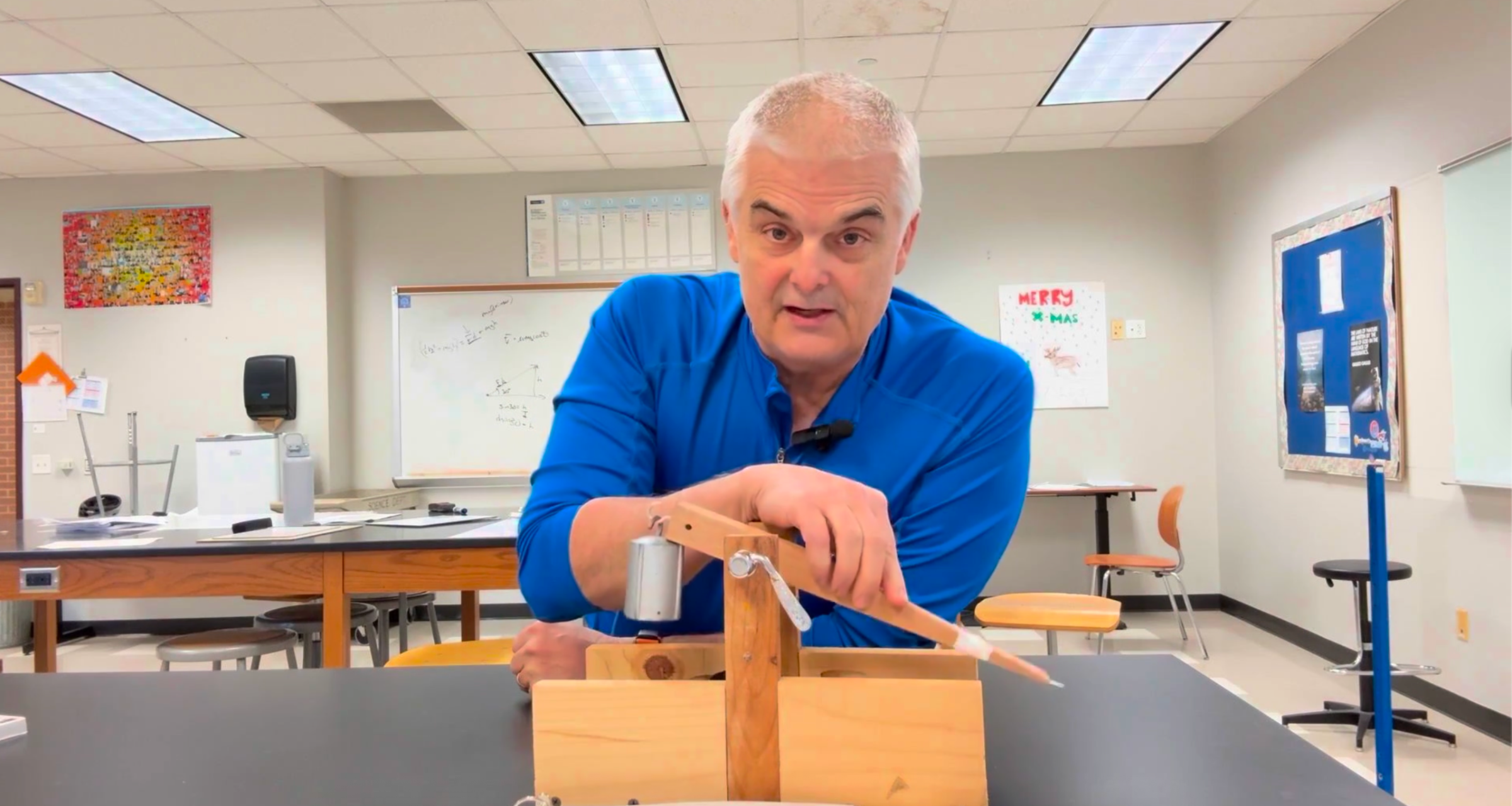Extreme Differentiation That Doesn't Drive You Crazy

Have you ever sat in a PD session and the presenter talked about how you should differentiate, but you said in your head… No Way! They are crazy! It all sounds well and good, but… I am only one person. I can’t teach two, three, or four different things at the same time. It is impossible to do that with my students. During the pandemic, I tried this, and well… it didn’t work. I can’t prepare that many different assignments. I can’t be in two places at once. In fact, during the pandemic, I felt like it wasn’t even that effective. I can’t do that and maintain my sanity.
What if… and I’m serious here… you could really differentiate. You could meet the individual needs of your students without too much extra work. If you are intrigued, then read on.
This article is one in a series where we will discuss how you can make mastery learning a reality. In this series, I am sharing how I, and thousands of other teachers, have transformed classrooms into a place where every student succeeds. In my previous articles, I gave an overview of Mastery Learning, then we learned that you don’t have to lecture to the whole class at the same time ever again and how to create a flexible pace for other students. Today we are going to focus on how to do extreme differentiation. If you haven’t yet read the other articles, I encourage you to go back so you can see the progression of how to do Mastery Learning well.
So how do you do extreme differentiation that doesn’t drive you crazy? Below are the four top tips to differentiate extremely.
Plan for Differentiation
Planning is the key to differentiating well. For me, I first sit down and identify the essential objectives or targets I want students to master. I ask: What do I think every student must know or be able to do? Second I identify what I will call the “nice to know” objectives. I then create a learning document (I print packets) that includes both all of the essential learning and the “nice to knows.” That way I am creating one document that contains all of the learnings that I want students to master. This includes flipped video note outlines, question sets, and hands-on activities. I guess that you already have much of this done. You have identified targets (objectives), you have activities you want students to do. So much of this work is already done.
In terms of the packet, I plan that not every student will finish everything. My goal is to get each student to at least master all of the essential learnings. Below is an outline of one of my packets for a recent unit I did with my chemistry students. Note that I still use the word “worksheet.” I know that in some circles that is a four-letter word. But I believe that students still need to practice stuff. And if they don’t practice, then they won’t master the material.

Since this is a Mastery Class, students will progress through this material at a flexible pace. And once this is done, I am set up to differentiate. The key to planning is to plan more than you expect. I plan for my most advanced students and then I’m OK with some students not mastering everything. This is built into each lesson. For example, the practice (worksheets) are scaffolded such that number 1 is easy and number 12 is hard. This sets up my lesson such that I am prepared to differentiate.
Know Your Students
Once I have set up the packet, I have to decide who does which objectives. The key lies in me getting to know my students’ strengths and weaknesses. I’m sure it is true for you that It doesn’t take long for you to know which students are going to struggle and which students are going to excel in your class. Once I determine that some students are struggling I reduce my expectations to the level that is appropriate for them.
This especially plays out during the first unit of the year. I take careful note of who needs extra attention during that initial unit. Though the same students don’t struggle with every unit, there are definitely patterns that are easily identified. And I love it when I am surprised. Just recently I had a student who was underperforming and in my mind, I had put her in the forever underperforming category. And then I saw a spark. I saw her excel at something and I encouraged her. And over the next few weeks, she was transformed into one of the top students in my class. She just needed me to believe in her and tell her that she could do the more challenging problems. And boy did she ever!
Differing Expectations
Wait… did you say that you lower expectations for some students? Isn’t that like… against the rules? Shouldn’t we have higher expectations for all students? Yes and no. I would argue that we need appropriate expectations. It is OK for you to have different expectations for different students.
When I first started differentiating this way, my son was in my class. One day he turned to me and said, “Dad, you expect more of me than of Miranda.” He was upset that I expected him to master more than his lab partner. You know what: He was right. But I didn’t even answer him because I don’t advertise that I have slightly different expectations of different students. So as I am working with students, I have different expectations.
You have to be OK with the notion that not every student is going to master every part of your curriculum. I think of it this way. Before I used Mastery Learning, students were exposed to 100% of my content. But I wasn’t assured that they ever mastered anything. Sure, some did, but many didn’t. That is because when I got to the end of a “unit” I gave a test. And regardless of how students performed, we moved on. But in a mastery setting, students must master the material before moving on. I know that some students won’t master every topic. But I do know that the ones they have mastered were actually mastered. So if most of my students master all the required objectives and a few only master, say 80%, of the objectives, I will call that a win.
Differentiation on the Fly
So here is what I do! As I walk around the classroom formatively assessing students I make snap decisions about what I want each student to accomplish. For my most advanced students, I expect them to do all of the harder questions and do them more independently. For my average students, I expect a little less. And for those students who are struggling even less. I will commonly tell a student who is struggling to just do these three problems and explain to me how they did them. I am also known to tell my advanced students to skip the easy questions and show me how to do the hardest problems. I will also tell my struggling students to skip a section as it is not an essential objective.
And that’s it! I make snap decisions on the fly about differentiation as I walk around my room formatively assessing them. The real work is in setting up my learning packets so that I am set up to differentiate. I think my biggest challenge is in knowing which students to give more assistance to and which work more independently.
I would love to hear some of your differentiation hacks as well. How have you made differentiation crazy easy?
This post first appeared at the Intreped Ed site
Jon's created several courses that will help you in the age of AI. Each short course will help you become a better teacher.

